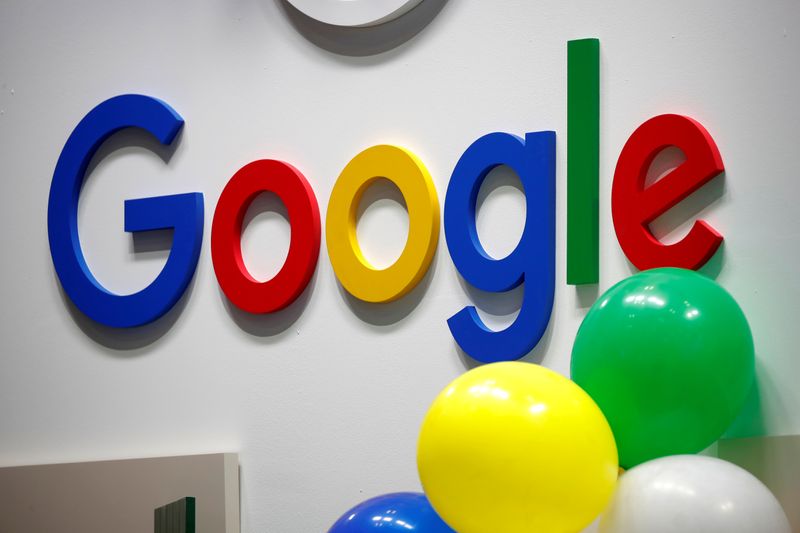By Toby Sterling
AMSTERDAM (Reuters) - Google parent Alphabet (O:GOOGL) will no longer use an intellectual property licensing scheme, known as the "Double Irish, Dutch sandwich", which allowed it to delay paying U.S. taxes, 2018 tax filings show.
A Google spokesman on Tuesday confirmed it would scrap the licensing structure, saying this was in line with international rules and followed changes to U.S. tax law in 2017.
Dutch filings, which were seen by Reuters, showed that in 2018 Google moved 21.8 billion euros ($24.5 billion) through its Dutch holding company to Bermuda, up from 19.9 billion in 2017. Google said it would end the practice after 2019.
"A date of termination of the Company's licensing activities has not yet been confirmed by senior leadership, however management expects that this termination will take place as of 31 December 2019 or during 2020," the Dutch filing said.
"Consequently, the Company's turnover and associated expense base generated from licensing activities will discontinue as of this date," the filing with the Dutch Chamber of Commerce added.
Google, like other multinationals that make use of international tax minimization strategies, has always said it pays all its taxes.
"We're now simplifying our corporate structure and will license our IP (intellectual property) from the US, not Bermuda," a spokesman said in a statement.
"Including all annual and one-time income taxes over the past ten years, our global effective tax rate has been over 23%, with more than 80% of that tax due in the US.”
For more than a decade, Dutch, Irish and U.S. tax law allowed Google to enjoy an effective tax rate in the single digits on its non-U.S. profits, around a quarter the average tax rate in its overseas markets.
The subsidiary in the Netherlands was used to shift revenue from royalties earned outside the United States to Google Ireland Holdings, an affiliate based in Bermuda, where companies pay no income tax.
The tax strategy was legal and allowed Google to avoid triggering U.S. income taxes or European withholding taxes on the funds, which represent the bulk of its overseas profits.
Under pressure from the European Union and the United States, Ireland in 2014 decided to phase out the arrangement, ending Google's Irish tax advantages in 2020.
The Trump administration's Tax Cuts and Jobs Act, which came into effect in January 2018, ended the reason for U.S. companies to hoard foreign profits offshore. Now profits that have been made and taxed abroad are not subject to taxation when returned to the U.S.
In the Bermuda filing for 2018, Bermuda-based "Google Ireland Holdings Unlimited Co." said in the future it would no longer continue licensing intellectual property or holding debt securities, but it would continue equity investment operations.

($1 = 0.8913 euros)